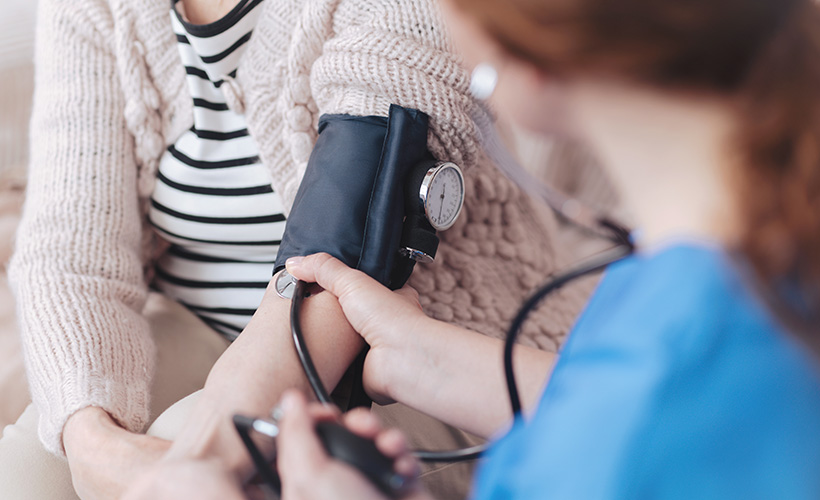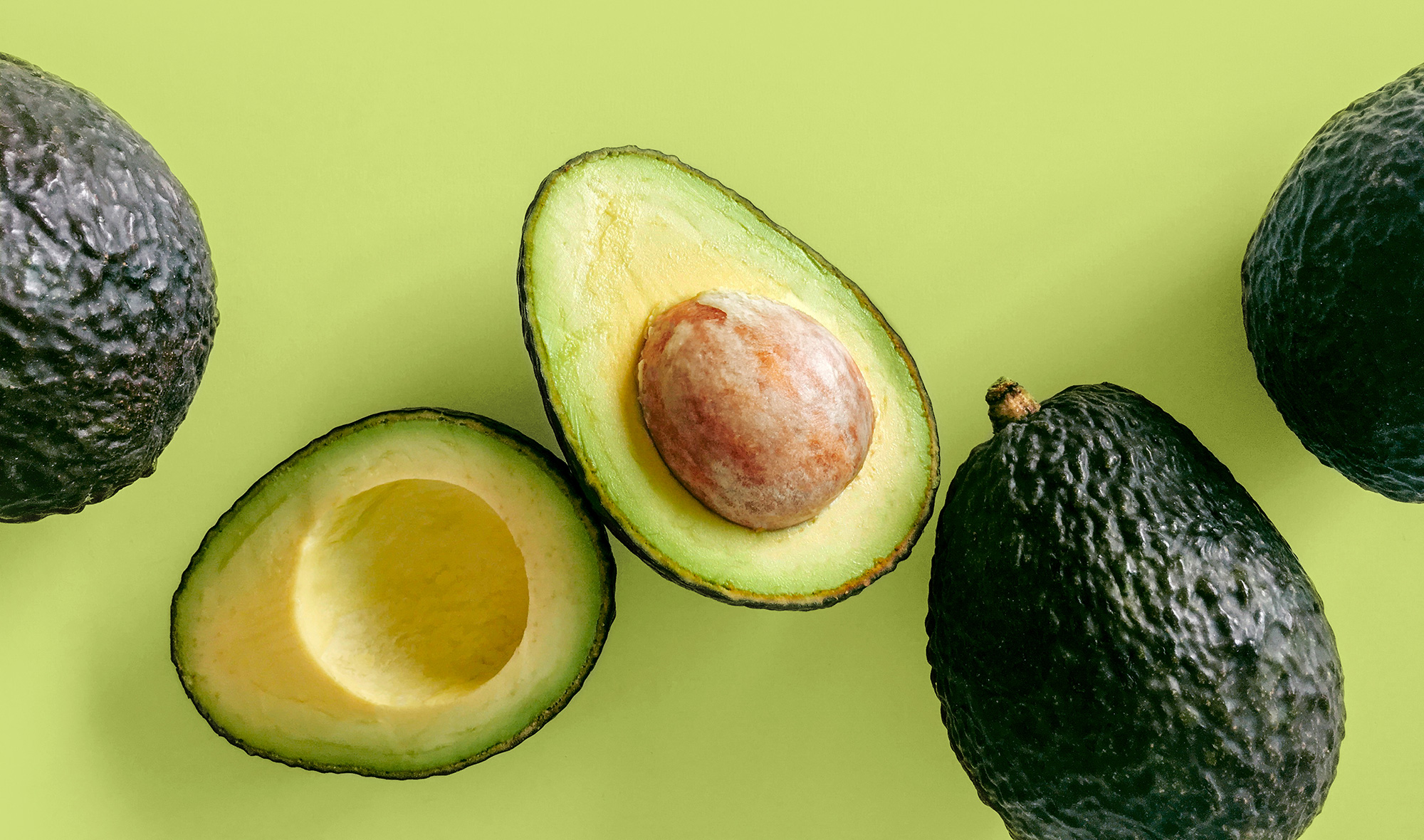What is heart disease?
There are a lot of different names for heart disease but some describe the causes and others the symptoms. Essentially heart disease covers any breakdown of normal heart function that affects its performance as a pump, supplying oxygen-rich blood to all parts of the body including the heart muscle itself.
Causes of heart disease
The heart’s own oxygen needs (as a pump made of muscle) is supplied via the coronary arteries which are narrow arteries branching off the main blood vessel out of the heart, the aorta. These small arteries run over the surface of the heart supplying the heart muscle; if they become narrowed or blocked the heart muscle cannot get enough oxygen and thus cannot work properly. This narrowing is called coronary heart disease (CHD) or ischemic heart disease and is caused by fatty deposits (mainly cholesterol) in the artery walls which clog up the arteries, narrowing and hardening them so that blood flow is restricted (atherosclerosis).
This fatty deposit (plaque) can also cause a blood clot to form, which may then block the blood flow completely; this may result in a heart attack because the muscle beyond the clot can’t get oxygen and dies.
This can be life-threatening by causing:
- The heart’s electrical conduction to malfunction, leading to irregular beating or no beating at all.
- A large area of heart muscle to stop working, resulting in inefficient pumping called heart failure. Note that there are also other causes of heart failure due to muscle damage from medications, alcohol and viruses.
What are the symptoms of ischaemic heart disease?
Chest pain from narrowing of the arteries is called angina and is often the first sign that something is wrong. This is felt as tightness in the chest or pain that can spread from the chest to the arm. Exercise and exertion commonly cause angina to come on. Breathlessness on exertion can sometimes be the only symptom of angina. The pain will usually dissipate with rest or after a few minutes.
Chest pain of a heart attack is similar but usually more severe, described as a severe crushing pain across the chest that does not subside.
Other symptoms of heart disease, especially in persons over age 50 may be:
- Mild chest pain which may be mistaken for indigestion
- Breathlessness on exertion
- Palpitations (racing irregular heart beat)
- Dizziness and fainting
- Nausea and vomiting
- Fluid retention, causing puffiness (oedema) of the ankles and legs.
Risk factors
Heart disease is more common in people who:
- Smoke
- Are over 45 (men) and 55 (women)
- Are obese
- Are Maori, Pacific Islanders or from the Indian subcontinent
- Have diabetes
- Have high blood pressure and/or high cholesterol
- Have a family history of early heart disease (in a parent or sibling under 55).
Many people will often have a combination of these risk factors which greatly increases the risk.
Prevention and treatment
Although you can’t do much about some of the above risks such as getting older or your ethnicity, there are plenty of measures you can take at any age to reduce your risk.
1. Lifestyle changes
- Don’t smoke. Smoking tobacco and marijuana is by far the biggest risk factor and easiest to treat. See your general practice or phone the quit line
- Cut back on alcohol intake
- Eat a healthy, balanced, low-fat diet
- Make sure your weight is in the correct range for your height
- Do some exercise every day… 30 minutes a day of brisk walking at least
- Include heart protective foods like oily fish, rich in omega-3 fatty acids, and garlic.
2. Risk assessment
There are a number of accurate ways (computerised) to assess your risk which your general practice nurse or doctor can administer. If your 5-year risk is high (greater than 15%) then you will need to consider medications for blood pressure, cholesterol or to prevent clotting.
3. Diagnosis
If you suspect you have a heart condition go to your medical practitioner who will ensure that you have the appropriate risk assessment and diagnostic tests.
These include:
- A blood test for chemicals that are released by a damaged heart or are indicative of a heart problem.
- An ECG or ‘electrocardiogram’ measures the electrical activity of the resting heart and can show what part is damaged and how badly.
- An exercise tolerance test measures how well your heart responds to exercise and stress.
- An angiography involves inserting a dye through a small artery in your arm or leg, which then shows on an X-ray whether the coronary arteries are blocked.
4. Treatment
Medication:
- Aspirin – helps prevent blood clotting in arteries
- Nitrates – improve blood flow in the coronary arteries
- Beta blockers – slow the heart rate and reduce blood pressure
- Calcium channel blockers – cause arteries to relax and lower blood pressure
- ACE Inhibitors – widen peripheral blood vessels and help lower blood pressure
- Diuretics (or water tablets) – help get rid of tissue fluid build-up and reduce blood pressure.
Operations:
Angioplasty (PCTA or PCI) – A balloon is inserted into the coronary arteries (via an artery in your groin) and then inflated to widen them and prevent blockage. A stent (fine metal mesh tube) will usually be inserted into the artery to hold it open.
Coronary artery bypass surgery (CABG) – After opening up the chest under general anaesthetic, a blood vein is taken from another part of the body (usually the leg) and attached to the aorta at one end and the blocked coronary artery at the other, so that blood flow can bypass the blockage and get to the heart muscle.
5. Living with a heart problem
(if you have known ischaemic heart disease)
- Never never smoke.
- Keep active, and exercise regularly as this will help keep symptoms at bay by improving blood flow around the blocked and narrowed arteries.
- Be aware of how you feel and recognise symptoms of angina and heart attack.
- Be prepared; make sure you have your nitroglycerine spray with you at all times and use it if you need it. Also keep your supply of aspirin handy; it can save your life.
- Rapid treatment is the key to surviving a heart attack. If you have chest pain suggestive of a heart attack (usually in persons over age 40) and especially if accompanied by being faint, sweaty and clammy and it goes on for more than 15 minutes, call an ambulance to get you to hospital as fast as possible. There you will receive treatment like thrombolytic drugs, which break up the blood clot.
For more about Heart Disease visit heartfoundation.org.nz

















Community